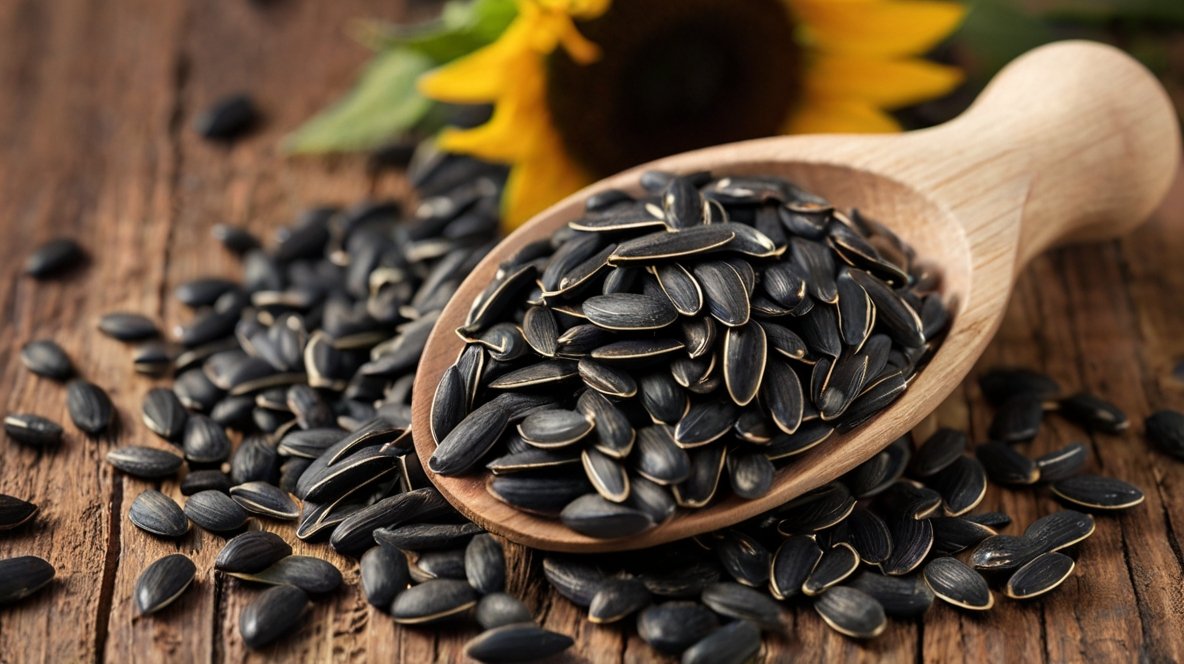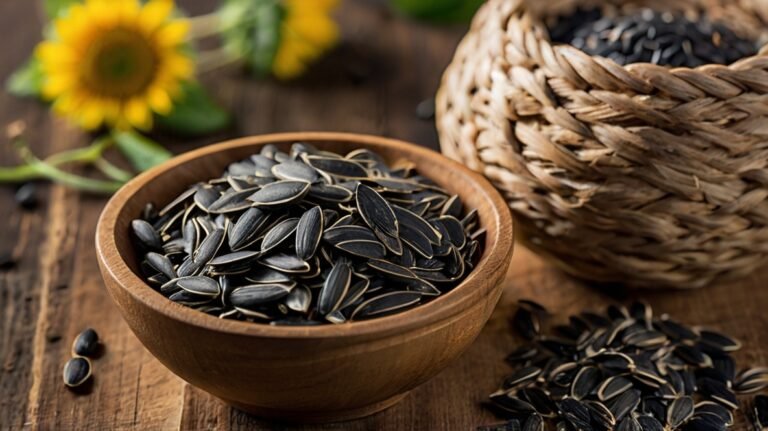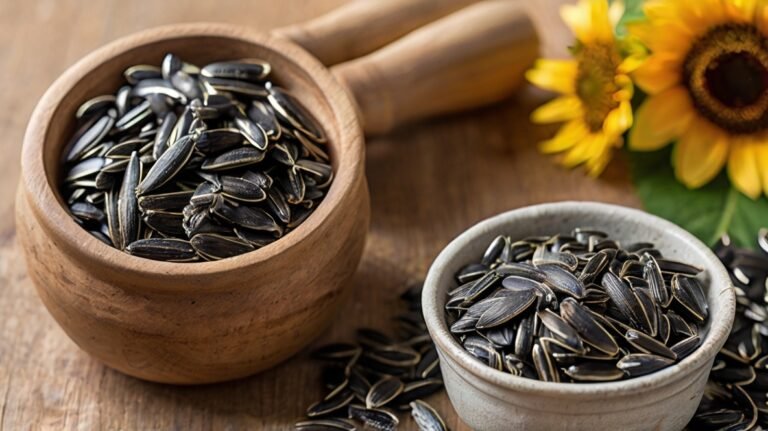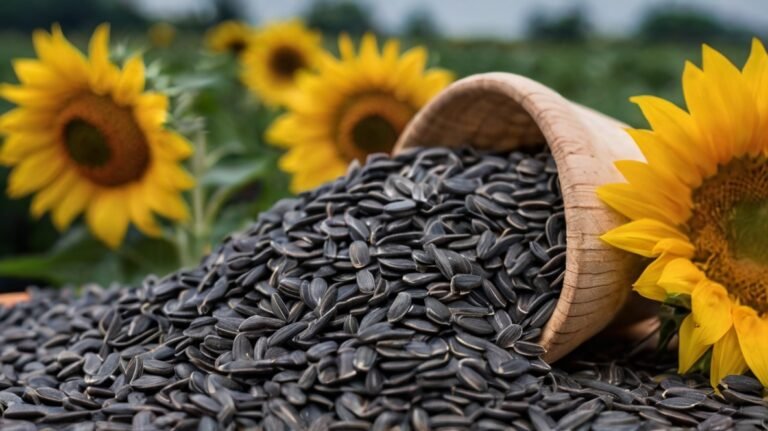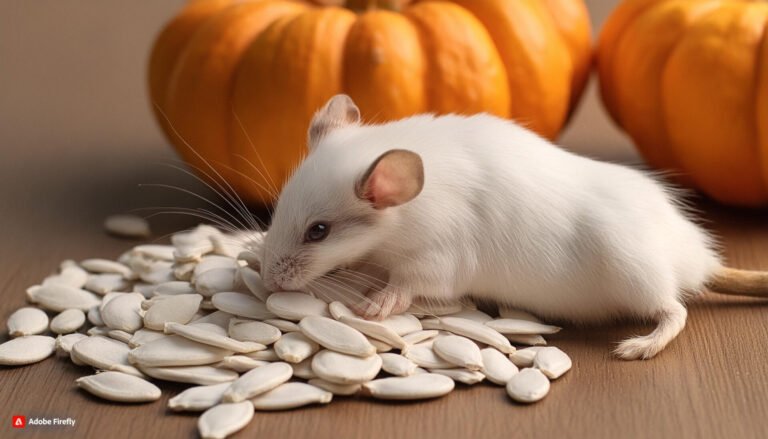Sunflower seeds, those small but mighty kernels, have been gaining recognition for their impressive heart health benefits. At XingYi Trading, we're passionate about bringing you the finest sunflower seeds from China's sunflower capital, Inner Mongolia's Ba Yan Nao'er City. Let's explore how these nutritional powerhouses can support your cardiovascular well-being.
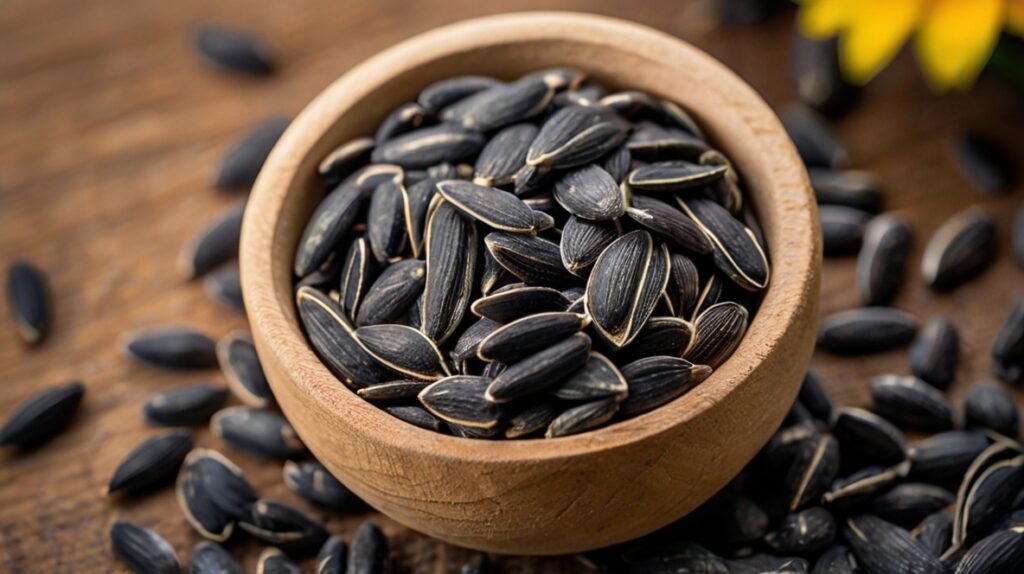
The Nutritional Powerhouse: Sunflower Seeds Unveiled
Sunflower seeds are packed with essential nutrients that contribute to heart health. Here's a breakdown of their impressive nutritional profile:
| Nutrient | Amount per 100g | % Daily Value |
|---|---|---|
| Vitamin E | 35.17 mg | 234% |
| Magnesium | 325 mg | 77% |
| Phosphorus | 660 mg | 66% |
| Copper | 1.8 mg | 200% |
| Selenium | 53 µg | 96% |
| Folate | 227 µg | 57% |
These nutrients work synergistically to support your cardiovascular system. Our premium sunflower seeds, including the 363 Premium Raw Sunflower Seeds, are an excellent source of these heart-healthy components.
Antioxidant Arsenal: Vitamin E and Heart Protection
Sunflower seeds are renowned for their high vitamin E content. This powerful antioxidant plays a crucial role in protecting your heart:
- Fights oxidative stress
- Reduces inflammation
- Supports healthy blood vessels
- May lower risk of heart disease
Our Tongqing No. 6 Sunflower Seeds are particularly rich in vitamin E, making them an excellent choice for heart-conscious consumers.
Magnesium: The Unsung Hero of Heart Health
Magnesium is often overlooked, but it's essential for maintaining a healthy heart rhythm and blood pressure. Sunflower seeds are an excellent source of this mineral:
- Regulates heartbeat
- Supports healthy blood pressure
- Aids in energy production
- May reduce risk of cardiovascular disease
Incorporating our 361 Premium Sunflower Seeds into your diet can help boost your magnesium intake.
Healthy Fats: The Good, The Better, The Best
Sunflower seeds are rich in healthy unsaturated fats, which are beneficial for heart health:
- Monounsaturated fats
- Polyunsaturated fats (including omega-6 fatty acids)
- Low in saturated fats
These healthy fats can help:
- Lower LDL (bad) cholesterol
- Increase HDL (good) cholesterol
- Reduce inflammation
Learn more about the health benefits of sunflower seeds on our website.
Fiber: The Heart’s Best Friend
Sunflower seeds are a good source of dietary fiber, which is crucial for heart health:
- Lowers cholesterol levels
- Regulates blood sugar
- Aids in weight management
- Supports digestive health
Incorporating our sunflower seeds into your diet can help increase your fiber intake. Check out our guide on sunflower seeds in cooking for creative ways to add them to your meals.
Phytosterols: Nature’s Cholesterol Fighters
Sunflower seeds contain phytosterols, plant compounds that can help lower cholesterol levels:
| Phytosterol | Amount per 100g |
|---|---|
| β-Sitosterol | 210 mg |
| Campesterol | 39 mg |
| Stigmasterol | 37 mg |
These compounds work by:
- Blocking cholesterol absorption in the intestines
- Reducing LDL cholesterol levels
- Potentially lowering risk of heart disease
Our premium sunflower seeds are an excellent source of these beneficial compounds.
Protein Power: Building Blocks for a Healthy Heart
Sunflower seeds are a great plant-based protein source, which is important for heart health:
- Supports muscle health, including heart muscle
- Helps maintain healthy blood pressure
- Aids in weight management
- Provides essential amino acids
Discover the nutrition of sunflower seeds on our website to learn more about their protein content and other nutrients.
Incorporating Sunflower Seeds into Your Heart-Healthy Diet
Now that we've explored the heart health benefits of sunflower seeds, let's look at some delicious ways to incorporate them into your diet:
- Sunflower seeds in salads: Add a crunchy, nutritious boost to your greens
- Sunflower seeds in baking: Use them in muffins, bread, or granola
- Roasting sunflower seeds: A tasty, heart-healthy snack
- Sunflower seed butter: A nutritious alternative to peanut butter
- Sprinkle on yogurt or oatmeal for added crunch and nutrition
Remember to check out our sunflower seed varieties to find the perfect type for your culinary creations.
At XingYi Trading, we're committed to providing you with the highest quality sunflower seeds to support your heart health journey. Our seeds are carefully processed and packaged to maintain their nutritional integrity. With nine production lines and a daily yield of 300 tons, we ensure a consistent supply of premium seeds for our customers.
Embrace the heart-healthy benefits of sunflower seeds today. Visit our product page to explore our range of premium sunflower seeds and start your journey towards better heart health.

